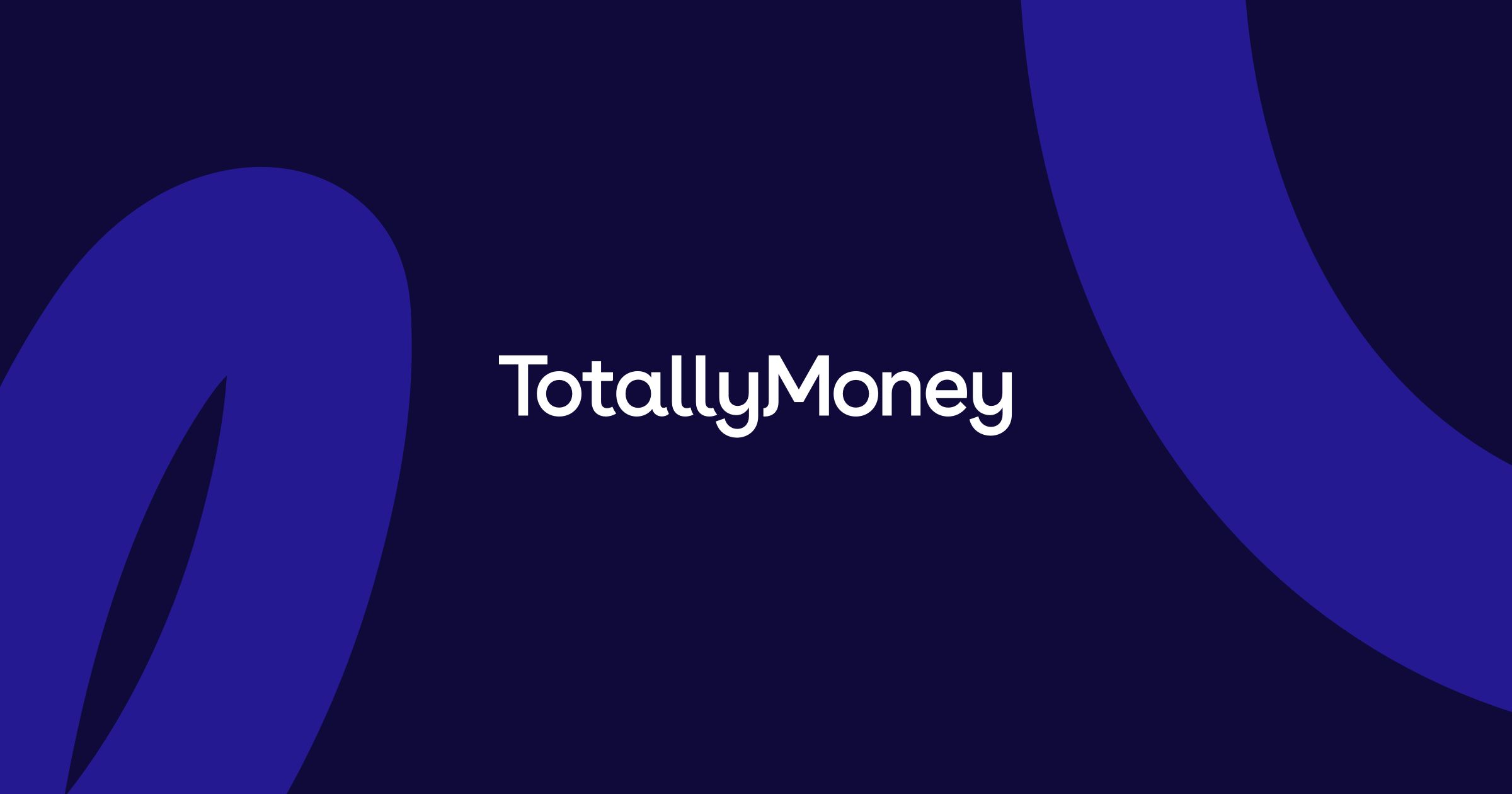Thinking of becoming a landlord? Well, if you need to borrow money you’ll need to get yourself a buy-to-let mortgage.
They’re very similar to standard mortgages, but there are some crucial differences that you’ll need to familiarise yourself with before taking the plunge.
What is a Buy-to-Let mortgage?
If you wish to lend money to buy a property with the intention of renting it out, you’ll need a buy-to-let mortgage. On the other hand, if you plan to rent out your current home you either need “consent to let” from your lender or to remortgage to a buy-to-let mortgage.
Like mainstream mortgages, buy-to-let mortgages can be fixed or variable. Payments can be on a repayment (capital plus interest) basis or interest-only.
Deposits and interest rates
Deposit requirements for these types of mortgage are stricter than for residential mortgages. Most lenders will want a minimum deposit of 25%. So if you’re buying a rental property for £200,000 you’ll need to put down at least £50,000 as a deposit.
The amount you can borrow in relation to the value of the property is known as the loan-to-value or LTV. If you have a 25% deposit the LTV is 75%. When you compare buy-to-let mortgages you will see the maximum LTV available on a particular product; generally the lower the LTV, the lower the interest rate. So the best way to get a competitive rate on a buy-to-let mortgage is to save a big deposit.
Interest rates on buy-to-let mortgages tend to be higher than on residential mortgages. This is to reflect the increased risk to the lender of the mortgage not being paid.
Affordability
One of the key areas of difference between a buy-to-let mortgage and a mortgage on your home is how affordability is assessed. Applications for BTL mortgages are generally assessed on the basis of the rental income rather than the borrower’s personal income.
For the rent to just cover the mortgage isn’t enough. Mortgage lenders will require “rental cover” of at least 125%. So if your mortgage payment is £1,000 a month you’ll need rent of at least £1,250 a month.
The "rental value" of your property will be verified by the surveyor who conducts the mortgage valuation. However, you can do your own research before this by talking to local letting agents.
The extra rental income is intended to cover other costs you will have as a landlord. These include covering void periods, maintenance, letting agent’s fees, annual safety checks and insurance.
If you opt for a variable rate or tracker mortgage the lender will also check you can afford the mortgage if rates go up.
Finding the best deal
Whichever buy-to-let mortgage you choose make sure you read the terms and conditions. Some buy-to-let mortgages ban tenancy agreements lasting more than one year while others won’t allow the property to be let to tenants on benefits.
Legal issues
If you rent out a property and don’t have a buy-to-let mortgage or consent to let, you could be convicted of mortgage fraud. Likewise, you can’t have a buy-to-let mortgage and live in the property yourself. In short, buy-to-let mortgages are strictly for landlords only.
